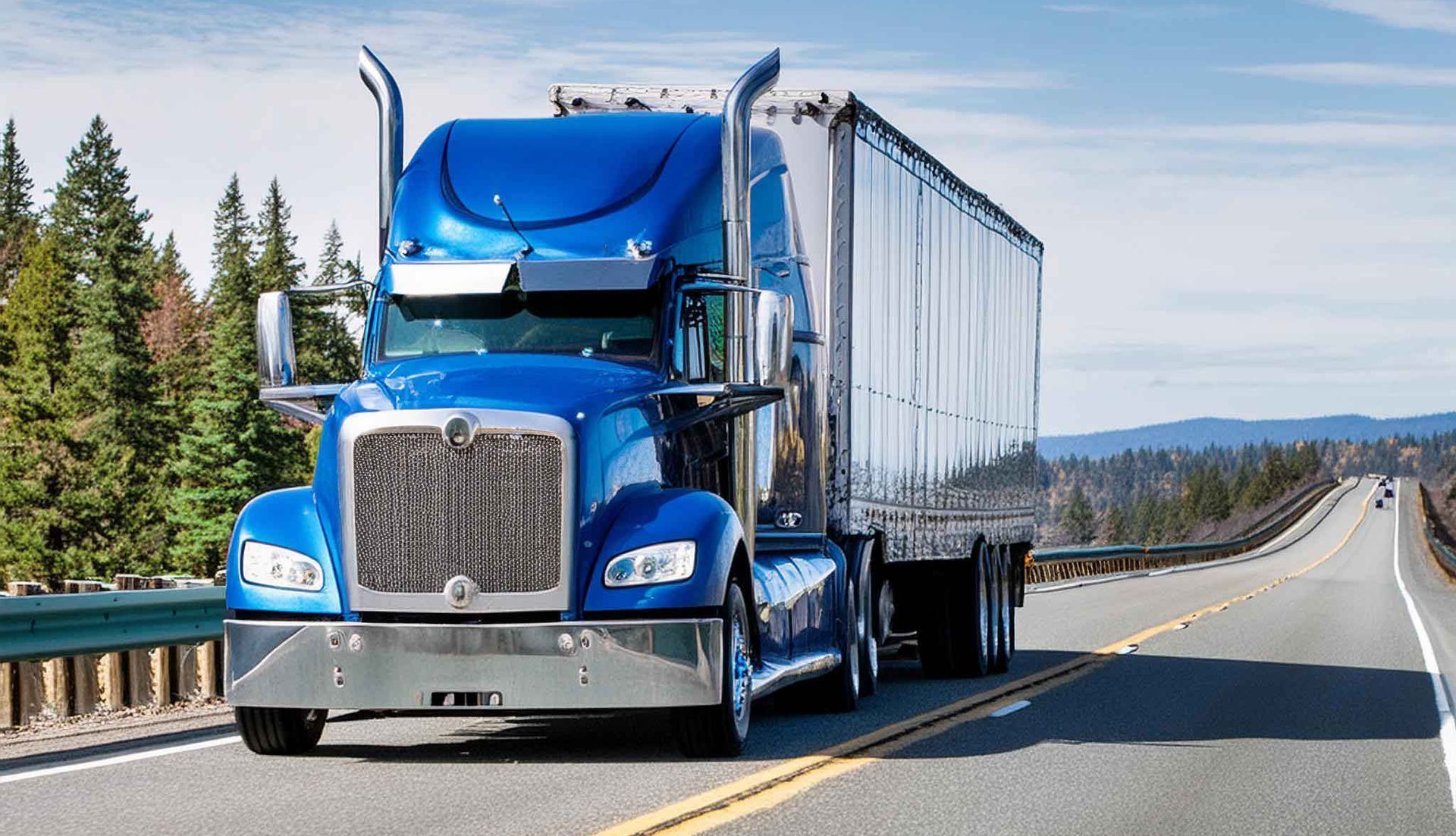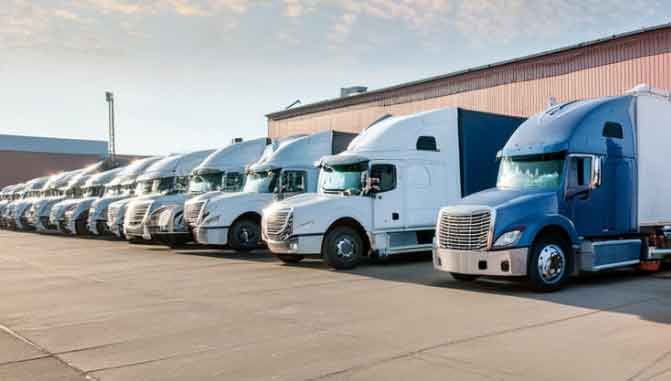Less-Than-Truckload Guide
Less-than-Truckload
LTL stands for Less Than Truckload, which is a term used in the transportation and logistics industry to describe shipments that are smaller than a full truckload but larger than a parcel or small package. LTL refers to the transportation of relatively small freight quantities that don't require the use of an entire truck. In LTL shipping, multiple shipments from different customers are consolidated onto a single truck to maximize efficiency and cost-effectiveness. These shipments are typically palletized or crated and are handled by the carrier at various terminals and distribution centers along the transportation route.
LTL carriers provide services for businesses and individuals who have smaller shipments that are too large for traditional parcel services but don't require a full truck to transport. Customers pay for the space their shipment occupies within the shared trailer, rather than paying for the entire truckload.
LTL shipping offers several benefits, including cost savings, as customers only pay for the space they use; increased accessibility to shipping services for smaller businesses or individuals with lower shipping volumes; and a reduced environmental impact, as LTL shipments help maximize truck capacity and minimize the number of partially empty trucks on the road.
LTL carriers often provide additional services such as freight classification, tracking, insurance options, and specialized equipment like liftgates or temperature-controlled trailers to accommodate different types of shipments. Overall, LTL shipping provides a flexible and cost-effective solution for transporting smaller freight quantities, making it an essential part of the logistics industry.
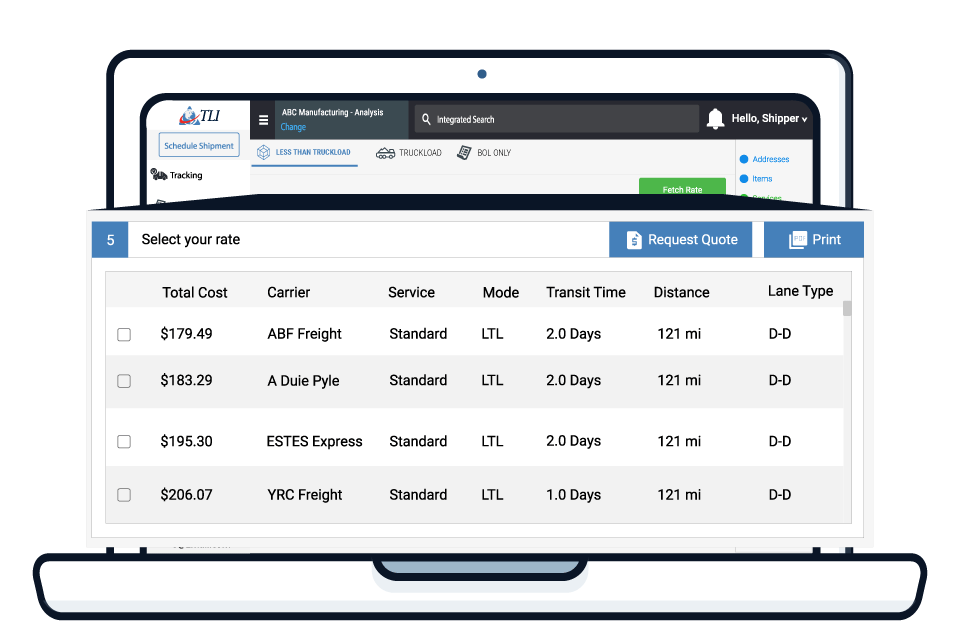

Shippers should know what an LTL (Less Than Truckload) shipment is because it is a commonly used shipping method that offers several advantages and considerations compared to other options. Here are a few reasons why shippers should be familiar with LTL shipments:
- Cost Efficiency: LTL shipping allows shippers to transport smaller loads that don't require an entire truck. By sharing the space and cost with other shippers' freight, companies can save money on shipping expenses. This makes LTL an attractive option for smaller businesses or those with limited shipping volumes.
- Flexibility: LTL carriers typically have extensive networks and regular routes, which provides greater flexibility in terms of pickup and delivery locations. Shippers can take advantage of these networks to ship their goods to various destinations without having to rely on a full truckload.
- Reduced Risk: LTL shipments are handled by carriers who specialize in consolidating and managing smaller freight loads. These carriers have experience in handling various types of cargo and employ specific handling practices to ensure the safety of goods. Shippers can benefit from the carrier's expertise and reduce the risk of damage or loss during transit.
- Tracking and Visibility: LTL carriers often offer advanced tracking systems that allow shippers to monitor their shipments in real-time. This visibility enables better logistics planning, improved customer service, and the ability to address any potential issues proactively.
- Environmental Considerations: LTL shipments contribute to reducing the number of trucks on the road, leading to reduced fuel consumption and emissions. By choosing LTL shipping, shippers can align their transportation practices with sustainability goals and environmental stewardship.
- Access to Specialized Services: LTL carriers may offer additional services such as liftgate or inside delivery, residential delivery, appointment scheduling, and even temperature-controlled transportation. Shippers can leverage these specialized services when needed, enhancing their shipping capabilities.
What is LTL Freight Class?
1. Uniformity: The NMFC provides a standardized system that ensures consistency in classifying freight across different carriers and throughout the transportation industry. This uniformity allows carriers, shippers, and other parties involved in the shipping process to have a common understanding of the characteristics and requirements of different types of freight.
2. Pricing: The NMFC class is used as a basis for determining shipping rates and charges. Each class corresponds to a specific pricing structure, with higher classes typically associated with higher rates. By assigning an NMFC class to a shipment, LTL carriers can accurately calculate the shipping charges based on the freight's characteristics and the distance it needs to be transported.
3. Capacity planning: NMFC classes help LTL carriers in planning and optimizing their capacity. By knowing the characteristics of different types of freight and their corresponding classes, carriers can efficiently allocate space within their trailers and distribution centers. This allows them to maximize the utilization of their resources and ensure that the right equipment is available to handle shipments of varying sizes, weights, and characteristics.
4. Liability and handling considerations: The NMFC class also provides information about the liability and handling requirements for different types of freight. It helps carriers determine the appropriate precautions, equipment, and handling procedures needed to ensure the safe transportation of the freight. This includes considerations such as fragile or hazardous goods, special handling requirements, or the need for temperature-controlled environments.
Overall, the use of NMFC classes by LTL carriers brings consistency, efficiency, and accuracy to the classification and pricing of shipments. It helps carriers and shippers communicate effectively, determine appropriate rates, allocate capacity, and ensure the safe handling and transportation of various types of freight.
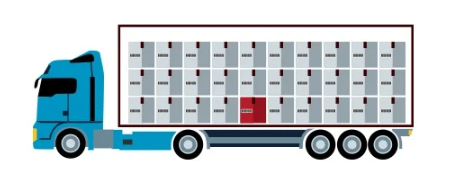
What is an LTL shipment vs a parcel shipment?
An LTL (Less Than Truckload) shipment and a small parcel shipment are two different categories of freight transportation based on the size and characteristics of the shipment. Here's a breakdown of each:
Less-than-Truckload Shipment:
- Size: LTL shipments are larger than small parcels but smaller than a full truckload. They typically range from a few hundred pounds to a few thousand pounds. The exact weight and size limits can vary between carriers, but LTL shipments generally occupy a portion of a trailer or a palletized space.
- Handling: LTL shipments are typically handled using forklifts or pallet jacks at terminals and distribution centers. They are loaded and unloaded multiple times during transportation, as the LTL carrier consolidates multiple shipments from different customers into a single truck.
- Carrier: LTL carriers specialize in transporting LTL shipments. They have extensive networks of terminals, distribution centers, and routes that allow them to efficiently move smaller freight quantities. LTL carriers provide services such as freight consolidation, tracking, and freight classification to ensure cost-effective and reliable transportation.
Small Parcel Shipment:
- Size: Small parcel shipments are relatively small and lightweight, typically weighing up to around 150 pounds. They are usually packaged in individual boxes or envelopes suitable for easy handling and transportation by courier services.
- Handling: Small parcel shipments are generally handled manually, passing through various stages of sorting and scanning at courier facilities. They may go through conveyor systems, automated sorting machines, and are often delivered directly to residential or commercial addresses.
- Carrier: Courier companies such as FedEx, UPS, and DHL specialize in small parcel shipments. They have extensive networks and infrastructure for swift and precise delivery of individual packages. These carriers offer features like real-time tracking, signature confirmation, and delivery options like express or overnight shipping.
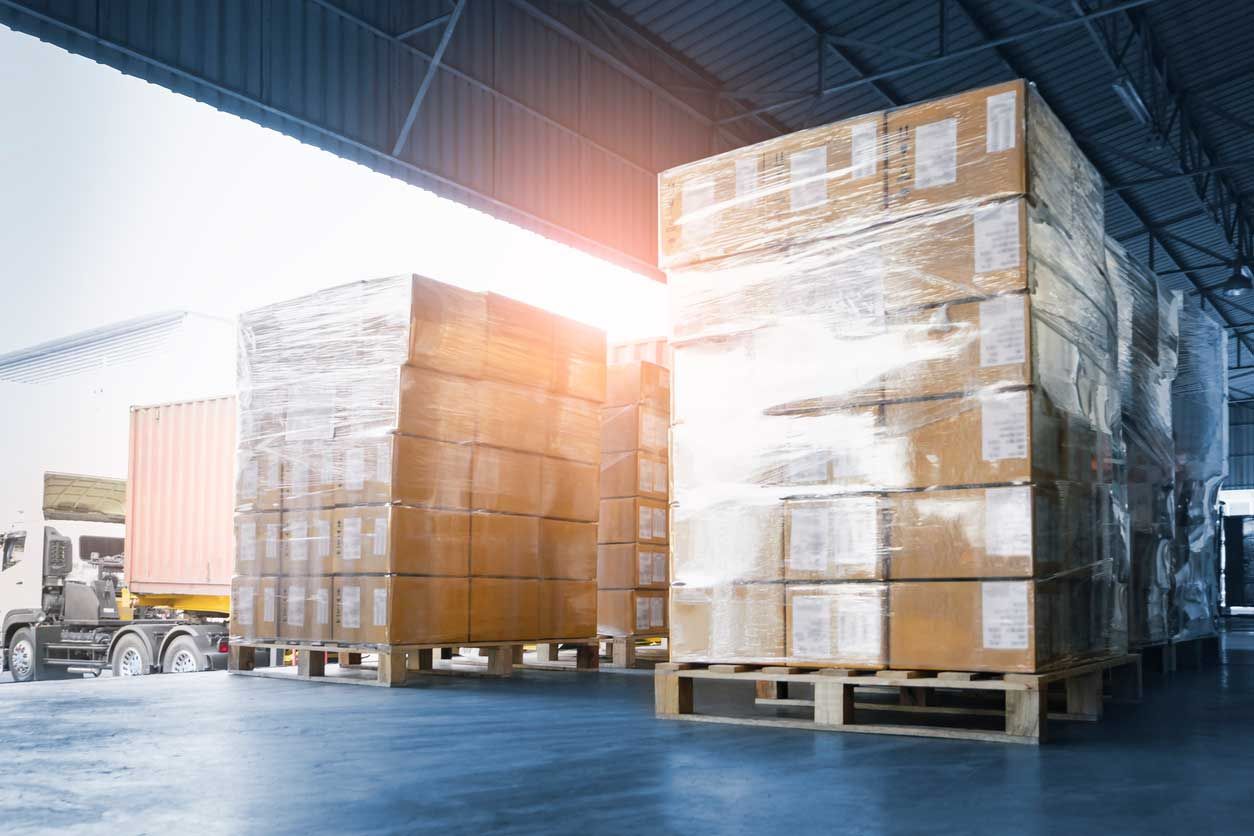
Key Differences between Parcel & LTL shipments:
- Size: LTL shipments are larger and heavier than small parcels.
- Handling: LTL shipments are palletized and handled with forklifts, while small parcels are typically manually sorted and handled by courier personnel.
- Carrier specialization: LTL carriers focus on consolidating multiple shipments, while courier companies specialize in delivering individual small parcels.
- Delivery network: LTL carriers have a network of terminals and distribution centers, while courier companies have networks of hubs and local branches for efficient last-mile delivery.
Understanding what an LTL shipment entails helps shippers make informed decisions about their shipping strategies. By considering the unique advantages and considerations of LTL shipping, shippers can optimize their logistics processes, minimize costs, and improve customer satisfaction.
TLI Insights
Get the latest logistics insights and tips from TLI's award-winning team. Stay ahead in transportation planning.
Questions? Email us at marketing@shiptli.com

